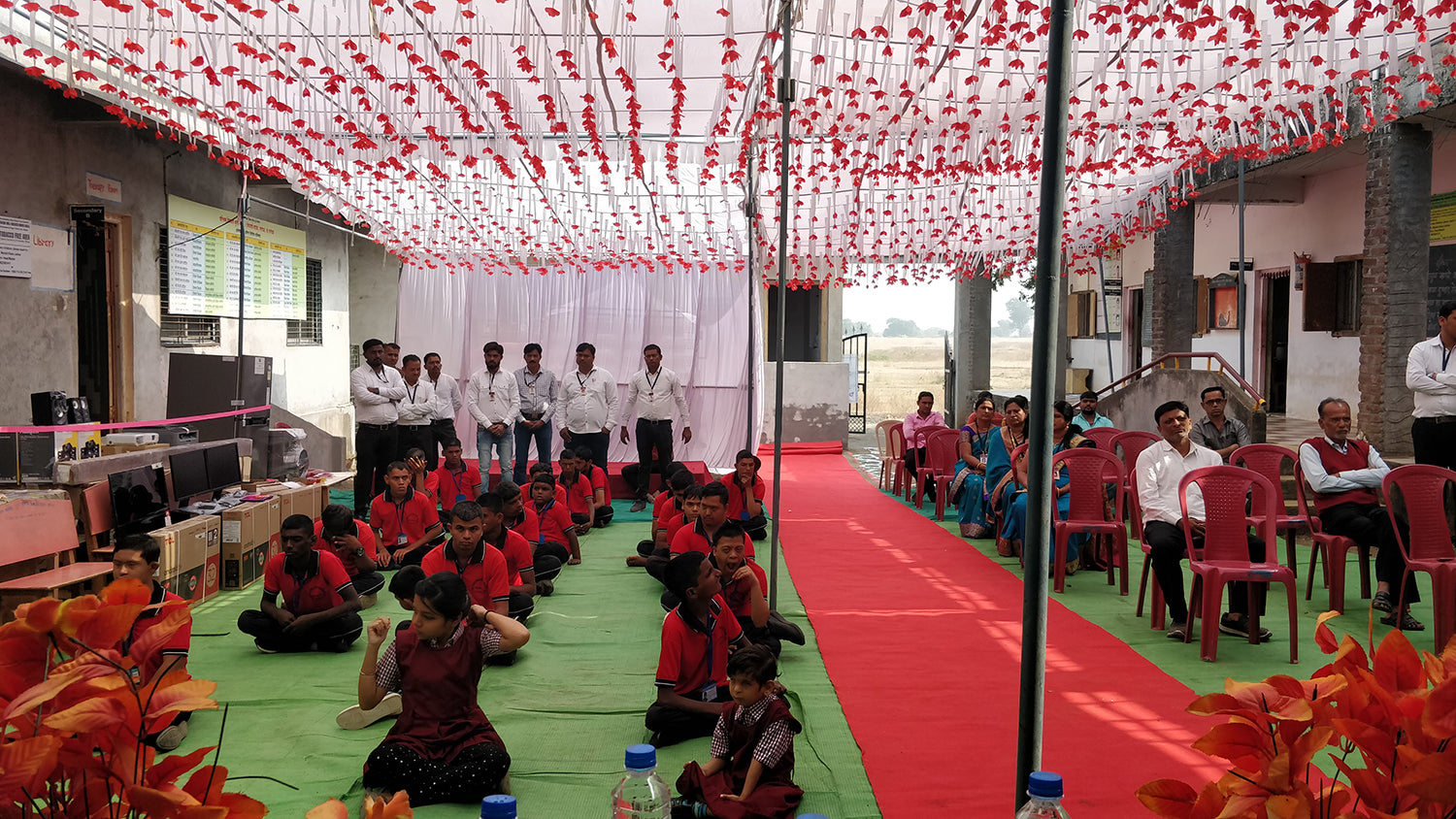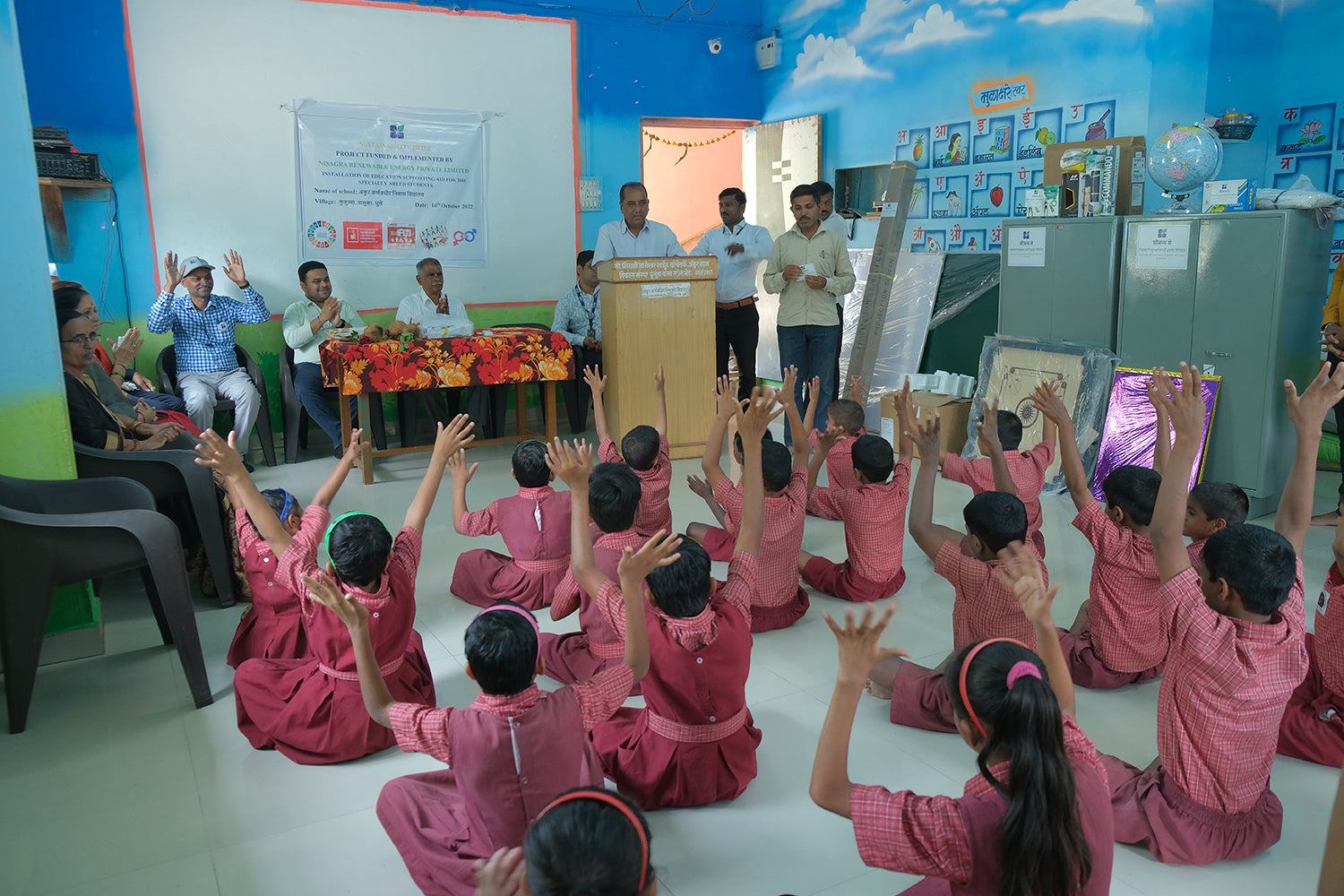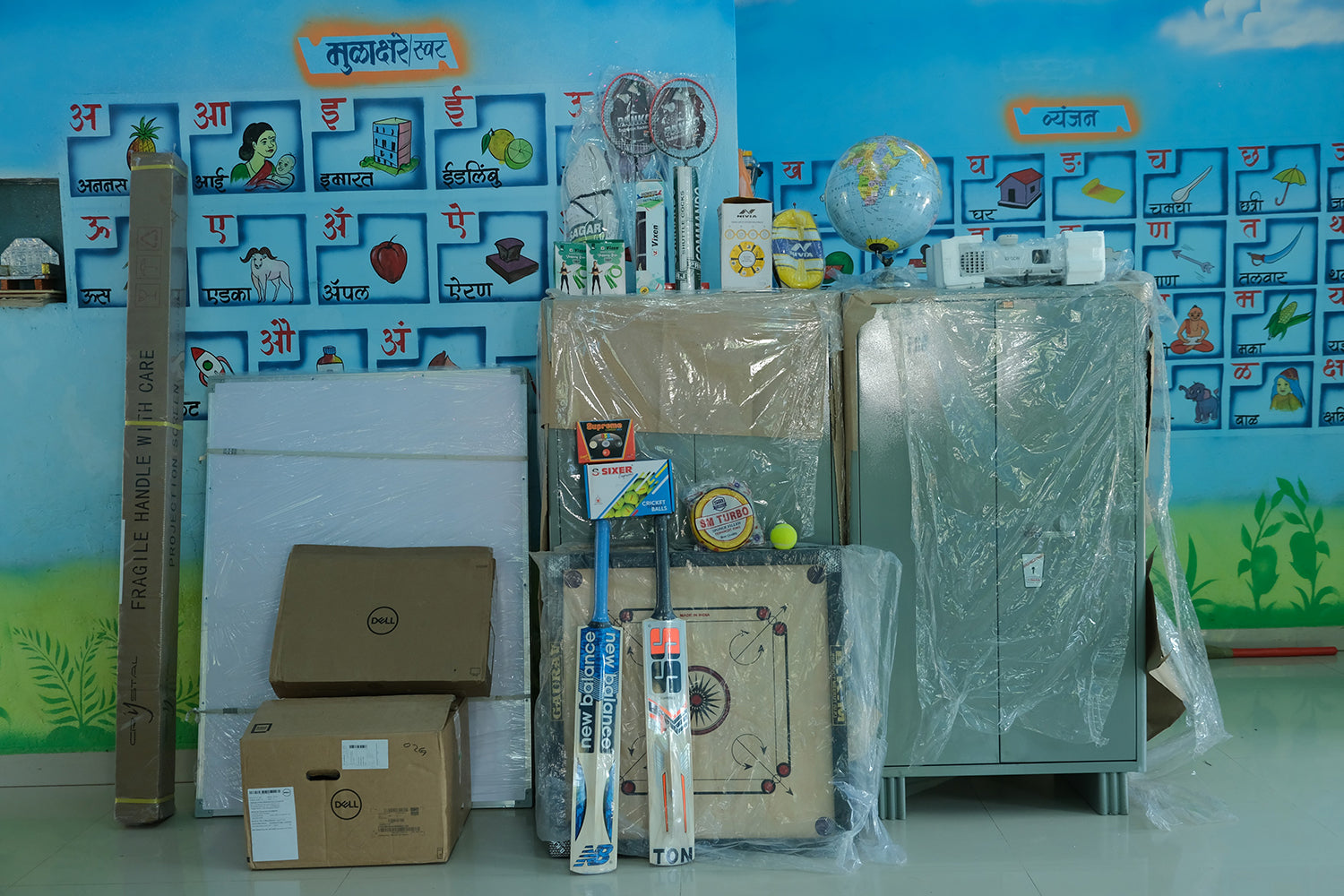100 MW Solar Power plant in Maharashtra, India
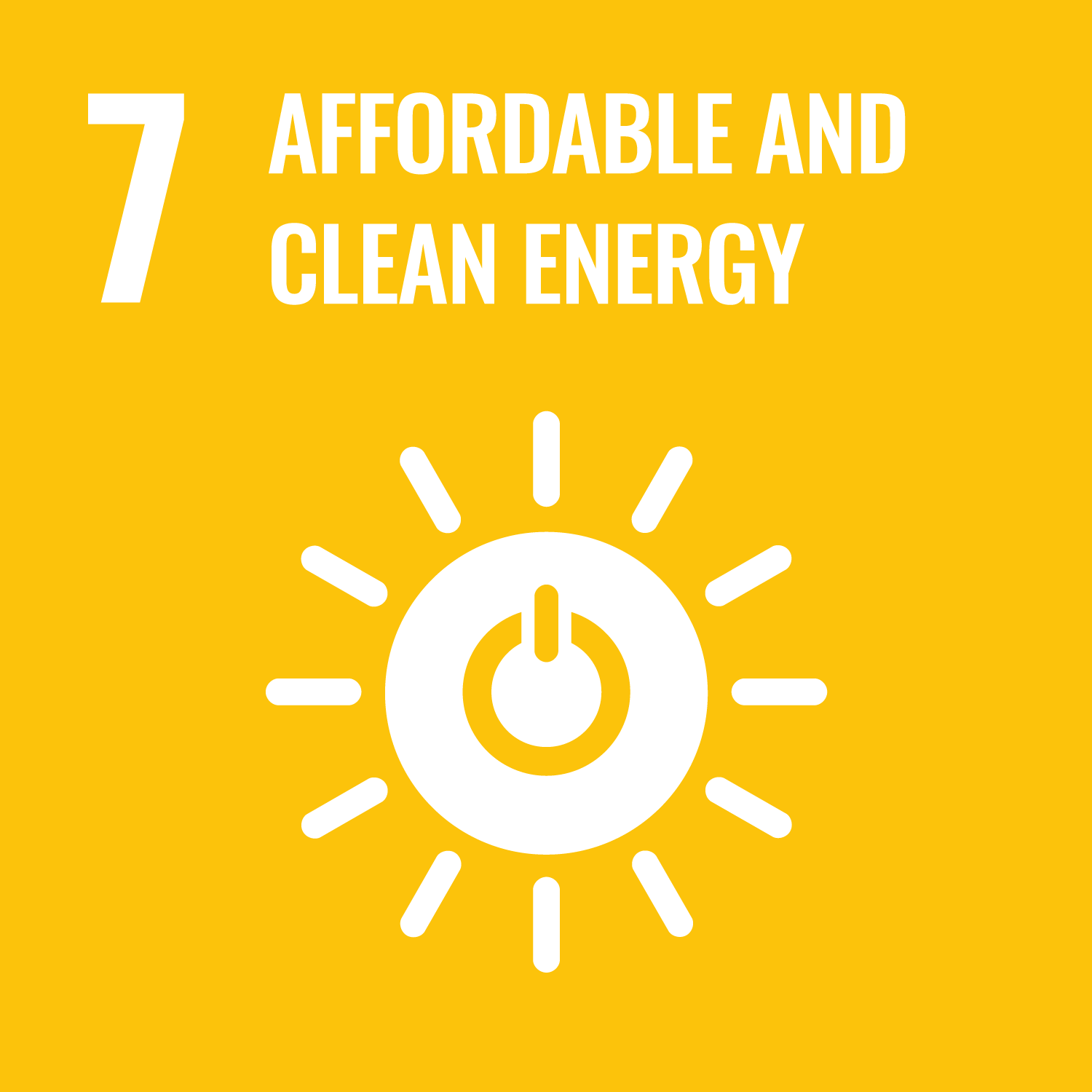
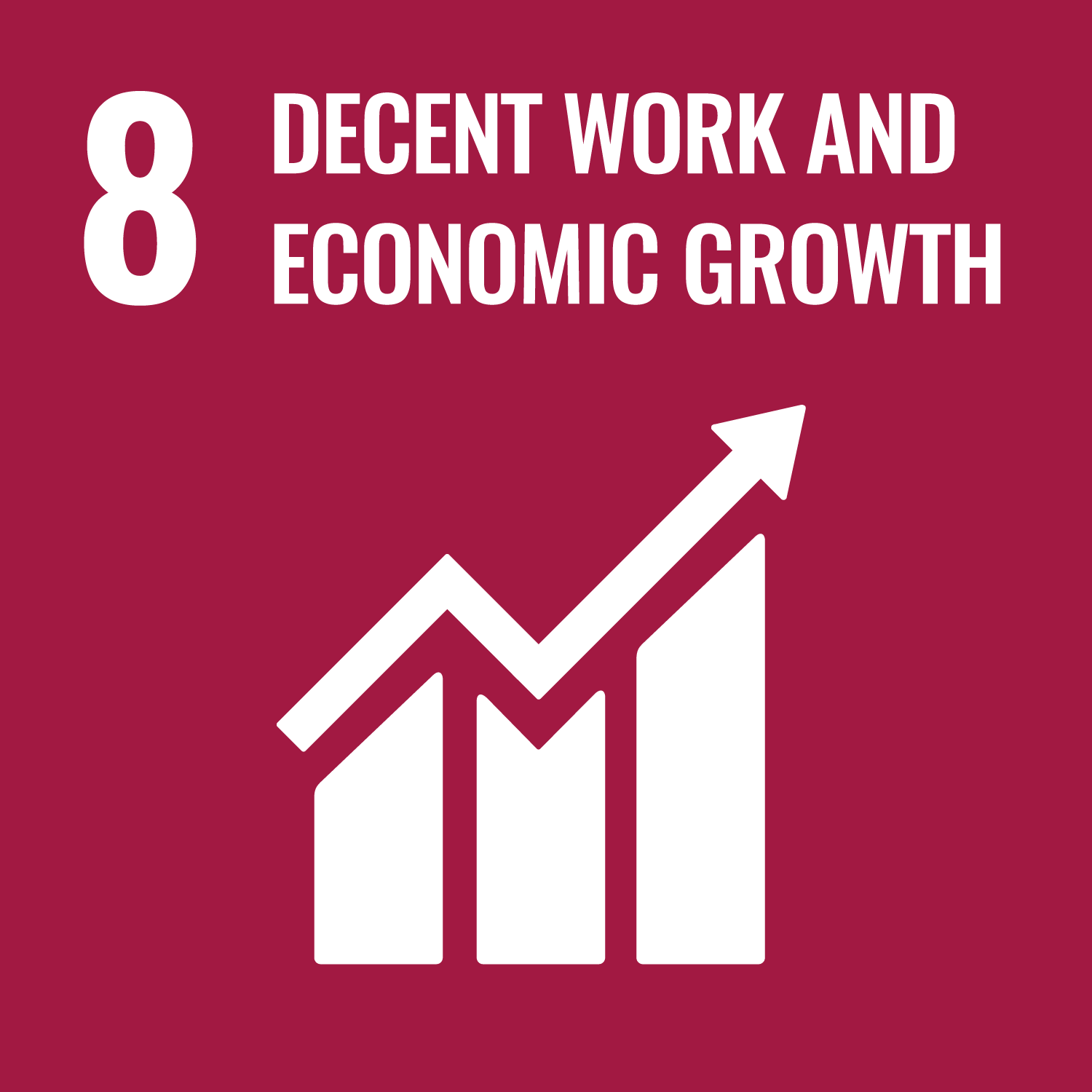

Juniper Green Energy Pvt. Ltd. and its 100% subsidiary Nisagra Renewable Energy Pvt. Ltd. have together setup a 100 MW Solar power project in the state of Maharashtra, India. Out of 100 MW, Juniper Green Energy Pvt. Ltd. has setup 30 MW (10x3) project while the 70 MW (10x7) project has been setup by Nisagra Renewable Energy Pvt. Ltd. The projects feed the power generated directly into dedicated agricultural feeders. It has played an important role in reducing CO2 emissions by generating 240 GWh of clean electricity annually, which is equivalent to powering 56,000 households every year.
Project Impacts and Benefits
Agriculture is a major consumer of electricity, accounting for nearly 20% of the total consumption in the country. Access to groundwater depends on reliable and affordable electricity supply. This is an important issue as it concerns livelihoods of the rural poor and food security of the country. Since the 1970s, agriculture in many states has been receiving electricity at either low tariffs or for free. Subsidized supply has played a key role in the growth of groundwater irrigation and agriculture production. Because it is seen as a loss-making sector, agriculture often gets poor quality supply leading to problems such as frequent pump burnouts and power failures. Further, the supply is unreliable and often available during late nights. All these factors make farmers distrustful of DISCOMs and both of them are caught in a low-level equilibrium.
This scheme directly addresses the pressing concerns of the marginalized farmers by:
- Improvement in the availability of the grid in the rural areas. Normally, the grid system in the rural areas is not properly maintained. However, given that the solar power generators' profits are directly linked to availability of the grid, the generator pushes the local DISCOM to take great care to maintain the grid properly. This in turn ensures quality supply of electricity, leading to improved life of farm equipment.
- Ensuring adequate day-time electricity supply to farmers, leading to huge improvement in quality of life of farm workers as currently most of the power for agriculture is provided during night when demand from other sources is low.
- Direct monetary benefits as 70% of the total land is on lease for around 30 years, thereby providing farmers steady income for the entire duration.
- Providing more local job opportunities, that is geographically distributed across the state.
- Current electricity tariffs for agricultural consumers are either free or highly subsidized, leading to unabashed use of ground water.
Over a period of time, this has led to a severe depletion of water table levels in Maharashtra. Coupled with the recent droughts faced in the state, water scarcity has become a huge problem in the state of Maharashtra, leading to multiple crop failures and farmer suicides (Maharashtra has the highest rate of farmer suicides in the entire country). Reliable supply at reasonable tariffs is expected to address exploitation of ground water on a sustained basis, and thus the associated problems.
Large scale deployment of such projects is beneficial for the industrial & commercial consumers as well as currently they have to cross subsidize the electricity consumption of agricultural consumers in the form of higher tariffs. Reliable supply to agricultural consumers at reasonable tariffs along with cost reductions at the DISCOM end are expected to gradually reduce the cross subsidy. Apart from the above, the company has a dedicated CSR team on the ground that works with the local stakeholders to understand their needs and accordingly distributes funds where needed the most.
Accordingly, the Company has:
- Distributed Computers, Projector, Printer, LED TV, Refrigerator, Bread-making Dispenser machine, etc. in a local school for specially abled children in Parola village of Jalgaon district. This is helping in providing digital education to such children as well as helping in food preservation while providing healthy food. This activity has benefitted 64 children.
- Distributed Desktop, Projector, Blackboard, Sports Kit, Earth Globe, etc. in a local residential school for specially abled children in Kusamba village of Malegaon district. This is helping in providing digital education to such children. This activity has benefitted 55 children.
Robotic Cleaning: Water is a basic human need and should be easily accessible to all. The traditional method of cleaning modules requires incessant water to wash them manually using human labour. Water scarcity, expensive labour and solar projects located in arid and drought-prone regions makes the whole process unsustainable for the life of the solar asset. The Company has determined to concentrate on improving the water security in the communities it works. Therefore, it adopts waterless cleaning technologies in its solar assets. Robotic cleaning (https://www.junipergreenenergy.com/wp-content/uploads/2022/09/Trim-Video.mp4) not only eliminates the use of water for cleaning the panels but also makes economic sense by increasing the energy output and decreasing the operations and maintenance cost.
More information on this project is available in the Gold Standard Impact Registry
Vintages of credits: 2022
N.B. Individual vintages cannot be selected for purchase. Purchases will include credits from the vintage range stated.
Project Developer
Nisagra Renewable Energy Pvt. Ltd.

